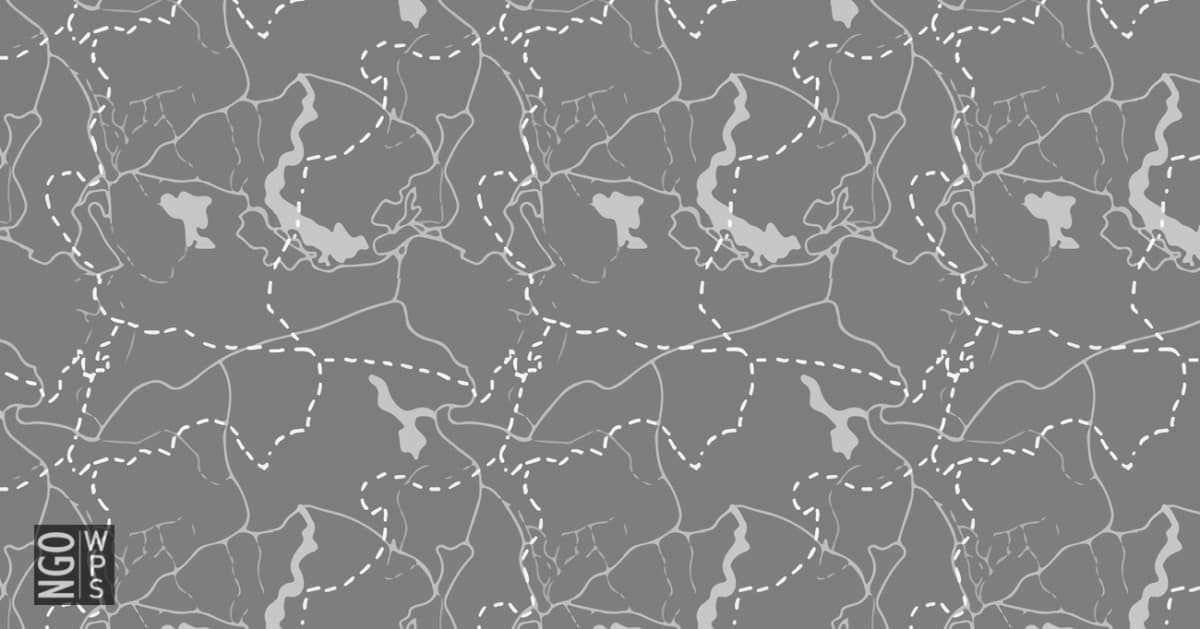Lebanon
Lebanon
Women’s rights activists focus on ending domestic violence, changing the penal codes, and increasing women’s political participation in Lebanon— particularly within reconstruction and peacebuilding efforts. Women’s security is also a major concern, with extremist attacks along the Syrian border.
Lebanon’s history of instability and insecurity have negatively impacted women. Failed presidential elections, the struggle to host over one million Syrian refugees, and proximity to the Syrian war have sidelined efforts to improve women’s rights. Women are discriminated against in legislation and in the court system, including in the areas of marriage, divorce, and the custody of children. Lebanon’s legal conflicts between criminal, civil, and religious authorities have also made it difficult for women to exercise and advocate for their rights.
In 1997, Lebanon ratified the Convention on the Elimination of All Forms of Discrimination Against Women (CEDAW). In April 2014, Lebanon also passed the Domestic Violence Law, criminalizing abuse and promising protection and legal recourse for women; however the law has not made a discernable impact on women’s protection. Lebanon does not have a National Action Plan.
Based on the work of the NGOWG and its partners, the NGOWG advocates for the Security Council to ensure that the mandate of the UN mission in Lebanon (UNIFIL) is strengthened and that gender issues are integrated into all response activities. Specific attention must be paid to women’s participation in all security-related matters, including disarming non-state armed groups, and gender-sensitive needs assessments to effectively coordinate humanitarian assistance.
Current and Past Recommendations to the UN Security Council (Monthly Action Points)
In the upcoming renewal of the mandate of the UN Interim Force in Lebanon (UNIFIL), the Council must include language that reflects its commitment to further the WPS agenda, especially through a provision calling for gender to be a cross-cutting issue. Specific attention should be paid to women’s participation in all peace and security issues, including disarming non-state armed groups, and a gender-sensitive needs assessments to effectively coordinate humanitarian assistance. The mission should also ensure that any humanitarian assistance is in line with existing obligations under international humanitarian law; and that women and girls have access to the full range of livelihood, legal, psychosocial, and medical services, including sexual and reproductive services, without discrimination (S/RES/2242 (2015), CEDAW/C/LBN/CO/4-5). The full deployment of gender expertise is essential in order to meet UNIFIL’s obligations to implement the WPS agenda. There is a need to emphasize women’s participation in the process as a means of their protection, as well as a need to engage women’s civil society organizations, including women’s groups (S/RES/2122 (2013) and 2242 (2015)), as UNIFIL’s relationship with local communities is essential to its success as a mission, as per its strategic review last year (S/2017/202). Finally, repercussions of the Syrian conflict in Lebanon, including the proliferation of small arms and light weapons and armed violence (S/2018/210), must not be overlooked or disconnected from the concerning deterioration of the rule of law (HRW, Amnesty International) or from the recent spate of killings and violent acts against women, particularly in the domestic sphere. In this context, the Council should exert pressure on Member States to uphold their obligations under resolution 1701 (2006), to prevent the sale or supply of arms to entities or individuals in Lebanon beyond the control of the State.
Relevant Resources










